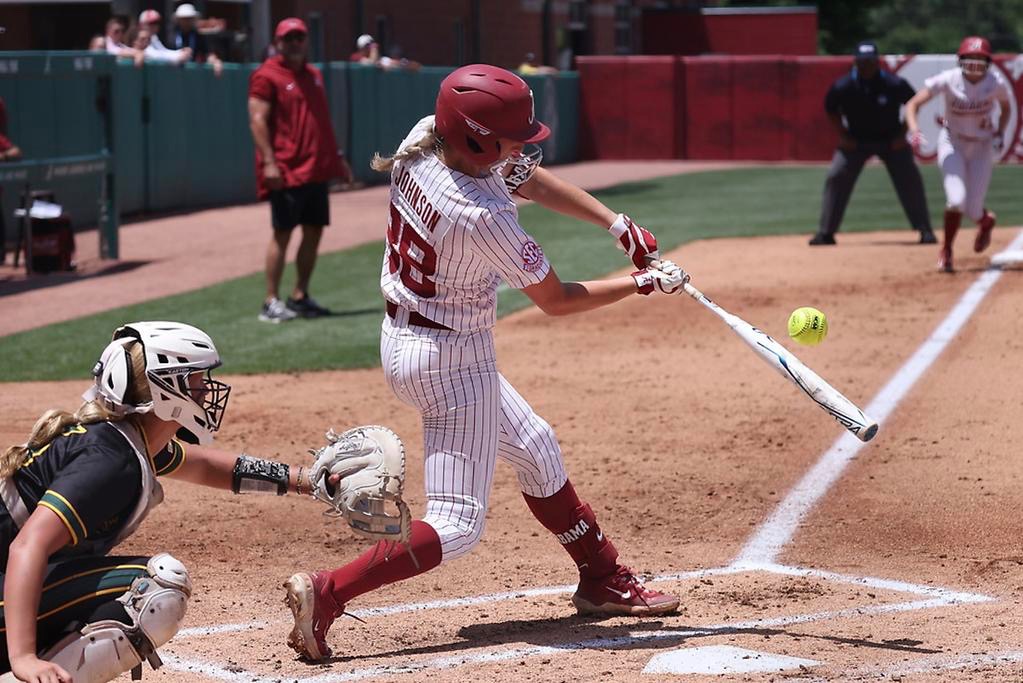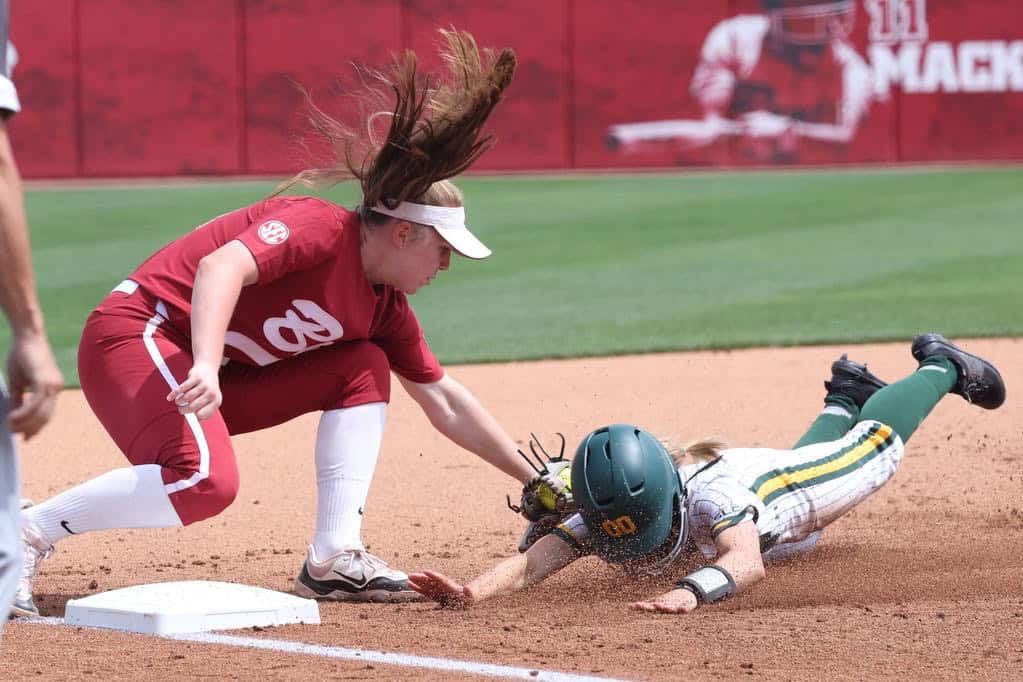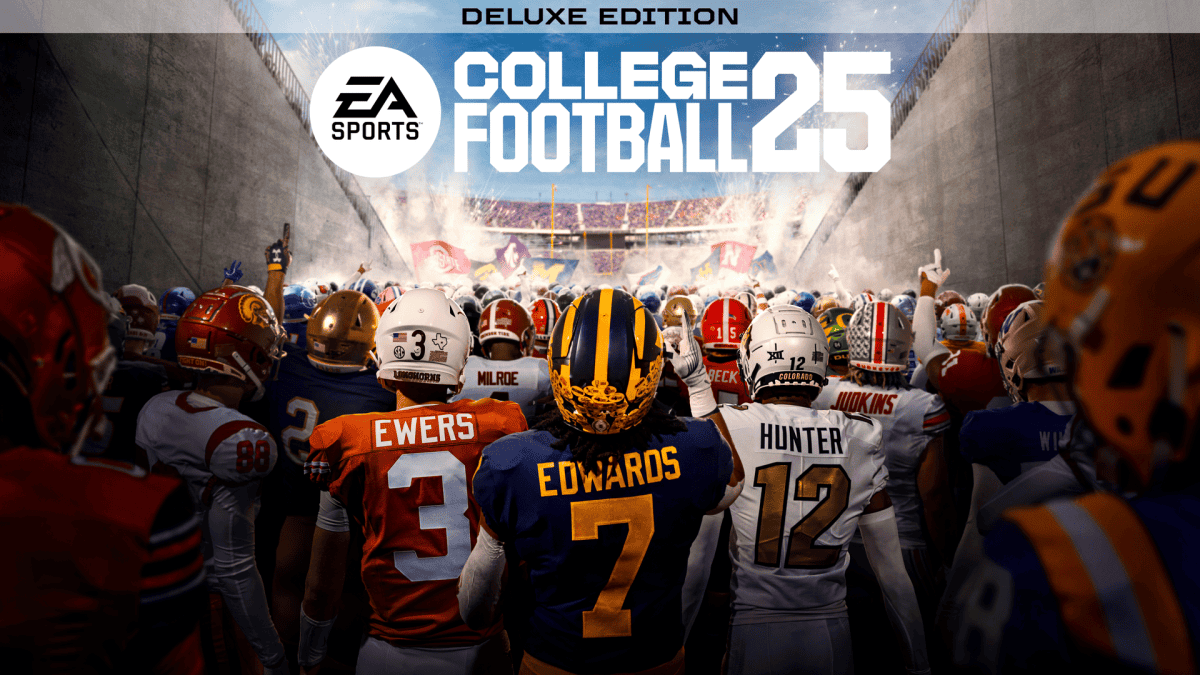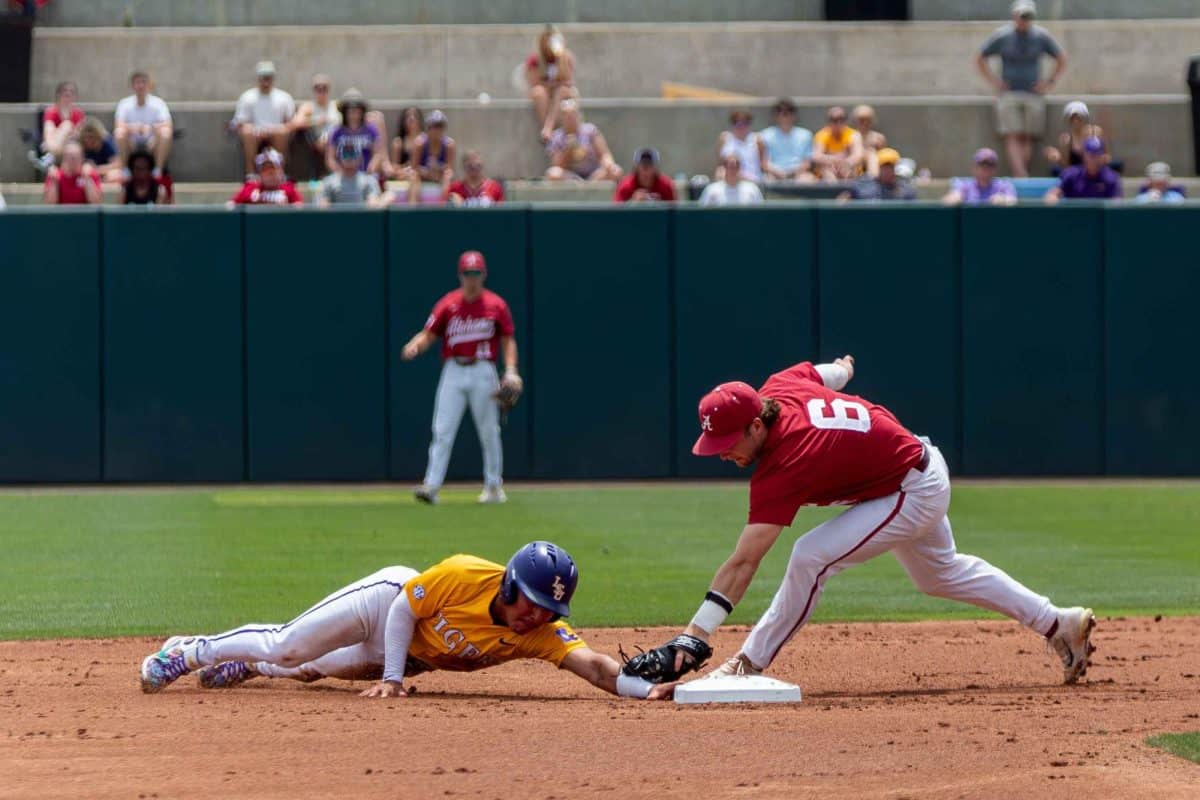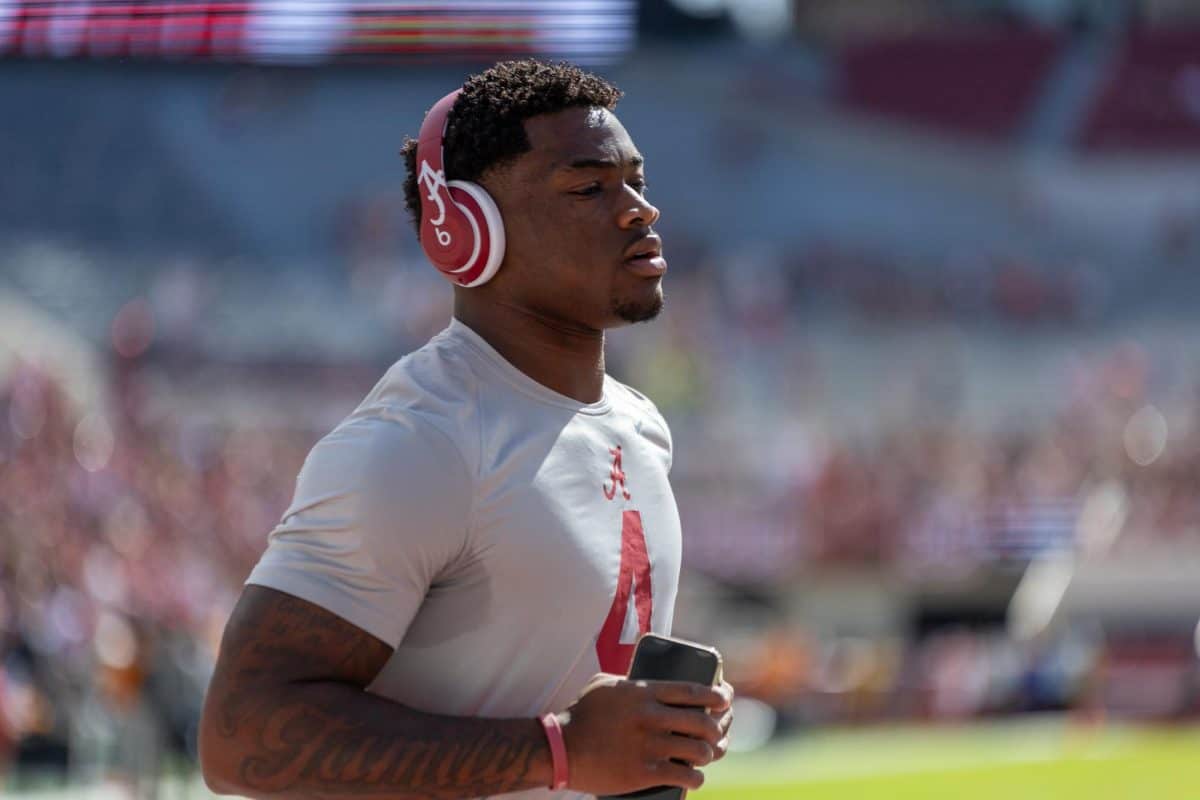Her story doesn’t start with what people thought was a career-ending injury at 17. It doesn’t start with a dislocated shoulder the summer before Sochi. Those are only pieces of her story.
Alana Nichols has won three gold medals, one silver and one bronze. She is the first American woman to win a gold in both the summer and winter games. She’s been to three games and served as an alternate in another. She’s also a Paralympic athlete.
She wasn’t always a Paralympic champion. A snowboarding accident at 17 left her paralyzed from the waist down, but it didn’t stop her from competing.
“The first two years after my accident, I was really – I guess the word would be really hesitant – to get back into life, Nichols said. “And once I learned about wheelchair basketball and the possibilities of playing for a team and being an athlete all my life – I was really lost without sports – so when I found out about wheelchair basketball and all the potential I had there, it kind of changed my attitude about life in general.”
(See also “Student to play tennis in 2012 Paralympics“)
Two years after the accident, Nichols bought a truck.
It didn’t have any hand controls. She didn’t know how to drive with hand controls at the time. But two years after the accident while attending the University of New Mexico, she decided she needed to drive.
“She just came out of the blue and said she was going to get a car, but she actually ended up getting a truck, but for her, it was just a thing that needed to happen, and she found a way,” Nichols’s older sister Jovan Heusser said.
She did eventually put the hand controls in before she transferred to the University of Arizona to play wheelchair basketball.
“I’ve always been a risk taker, and I was just kind of throwing caution to the wind in a lot of way,” Nichols said. “So I basically just went and bought the first truck I found – it was like $2,000 – and I hadn’t even learned how to drive with hand controls, but I got some [controls] put in and drove out to the University of Arizona that following week and started an entirely different life there and started playing basketball and going to school,” .
Heusser said she was confused when Nichols transferred because she didn’t see the grand plan and the success she would have.
“The really interesting thing about Alana is that she’s got this vision where she can see kind of beyond practicality,” Heusser said. “You know, for me, it didn’t make sense to me that she would stop going to UNM when she was in the middle of getting a degree so she could go and pursue adaptive sports, but she has this vision that she can pass all that. So I don’t think any of us ever thought that this would happen. I don’t think Alana ever thought that it wouldn’t. I think that’s why she made all of those decisions.”
After the University of Arizona, she played at The University of Alabama, but she wasn’t sure about Tuscaloosa initially.
“I really feel like my life has been defined by the risks that I have taken both good and bad, and moving to Arizona from New Mexico is one of the biggest risks but also one of the most fruitful decisions that I’ve ever made,” Nichols said. “And moving from the University of Arizona to Alabama, even though I thought to myself, ‘Alabama of all places, why would I go there?’ I just had no idea what it would be like, and it turned out to be a great decision as well.”
She played for the wheelchair basketball team until 2008 when she graduated with a master’s degree in kinesiology.
In 2008 she also had her Paralympic debut with the U.S. women’s wheelchair basketball team in Beijing. The team took home gold.
(See also “Former Olympic swimmer joins Crimson Tide for spring“)
Nichols wasn’t done winning gold. She moved from wheelchair basketball to alpine skiing. Her sister said she wasn’t surprised by the switch.
“You know, probably towards the end of her masters degree, I could kind of see her getting more interested in skiing, not necessarily more than basketball, but more than she had been since her injury,” Heusser said. “When she would come home to visit us in Albuquerque, she would go to the mountain at Santa Fe, N.M., … and they have an adaptive sports program there. And so I could kind of tell that when she was home in the winter time, she wanted to ski, and I kind of thought that might be a next thing for her.”
At the 2010 Vancouver Winter Olympics, she took home two golds, a silver and a bronze medal. Her golds were in the downhill and the giant slalom. She earned her silver and bronze medals in the super-G and the super combined, respectively. Everything was set for Sochi until she dislocated her shoulder in June.
“You can imagine that was the last thing I wanted to do being an Olympic year, and I can’t even describe the amount of pain I had to go through because of a dislocated shoulder, but I was really lucky to have surgery and do my rehab at the Olympic Training Center,” Nichols said. “I got treatment every day, twice a day, and they got me back on the mountain in November, not even five months later, so pretty amazing to have been able to work with those people.”
It’s not necessarily where she wanted to be going into Sochi, but she said she feels like she is in good shape despite not having the mileage on the mountain that she wants.
“It’s been more difficult for her because she has to be sure that she doesn’t damage her arm again, but I think she’s very anxious to get going into competition,” her grandmother Joan Vilven said. “She realizes that she has more people that will be competing against her, that maybe will be more difficult than it was in 2010.”
Skiing fast is something of a forte for Nichols. She’s been clocked going as fast as 65 mph but said she thinks she’s skied faster.
“I’m an adrenaline junkie, and I really do love to go fast,” Nichols said. “It’s something that I was born with I think, and that’s part of it. It’s part of why I really love to do what I do is the thrill of it, but also part of it is just pushing the boundaries and seeing what I’m capable of.”
Nichols was named to the 2014 U.S. Paralympic Alpine Skiing Team on Feb. 5. Coming into Sochi with four medals from Vancouver has put a target on Nichols’s back.
“I don’t like to say that I’m not defending my gold medals from Vancouver because those will always be mine, but I definitely have a big target on my back from people that absolutely want to beat me. That’s neither here nor there, though.I’m just going to ski as fast as I can,” Nichols said.
And if she repeats her gold medals, that’s just icing on the cake.
(See also “Olympic gold medal winner returns focus to original purpose“)

